Government faced the choice of either delaying the roll-out of services or risk additional disruption on the Thameslink network according to Public Accounts Committee Chairman Meg Hillier.
PAC released its Lessons of Thameslink Critical to Success of Future Rail Projects report today (February 23).
Hillier said: “Passengers and the practicalities of running services should be at the heart of public transport planning.
“Taxpayers have also taken a hit elsewhere, with budget increases on Thameslink contributing to other rail projects being abandoned.
“Government’s performance on recent rail infrastructure projects, such as its programme to electrify the Great Western route, has been poor.
“Overall progress on Thameslink compares favourably but the project is not over yet and requires significant additional public funding.
“Unforeseen but essential maintenance is expected to cost £900 million and, if passengers are to get the services they have been promised, the timetable must not slip further.
“There are critical tests looming for Network Rail and the Department for Transport, not least the redevelopment of Euston station for High Speed 2 – a project set to be more complex than the budget-busting work to prepare London Bridge for Thameslink.
“Government must apply what it has learned here to HS2 and future programmes and in response to our Report we urge it to demonstrate how it will do this in practice.”
The PAC report concluded that the Department for Transport and Network Rail took too long to start planning how the new railway would operate, and to decide to introduce the new services in phases rather than a single big bang, with PAC recommending clear arrangements should be established at the outset in the future.
It said the complexity of the programme required a new approach to collaboration within the industry and that while Government intends to establish closer working relationships between NR and train operators, it has not yet finalised how. PAC recommended that by June this year the DfT should write to it to provide details how these relationships will be created.
PAC said both the DfT and NR had “a poor understanding of the performance of the rail network, and did not monitor the impact that increasing services and failing infrastructure would have on either passenger disruption or the planned benefits of the Thameslink programme.” It recommends that by June the DfT should write to PAC to: “explain how it will ensure that Network Rail’s plans for spending £48 billion on the network between 2019 and 2024 are based on a clear understanding of the condition of the network, and where work will be needed to support future major programmes.”
PAC said NR’s estimates of the costs of the Thameslink programme “lacked the sophisticated understanding that it needs to manager its wider portfolio of projects effectively.” The recommendation was for DfT and NR to write to PAC by March with outlines of new arrangements put in place to estimate and oversee projects, and how these have improved the way of working.
PAC said the Thameslink programme has produced valuable lessons including what challenges arise when managing complex station projects. It recommends that by June the DfT and NR should establish formal processes through which learning from the Thameslink programme can be applied to future programmes including HS2.
- For much more on this, read RAIL 848, published on March 14, and available digitally on Android and iPad from March 10.

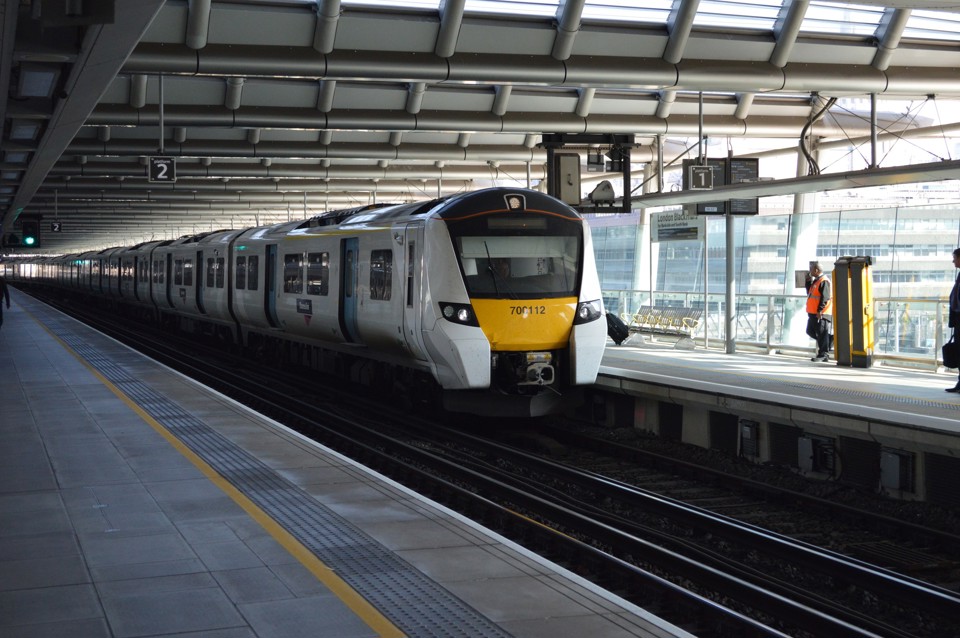
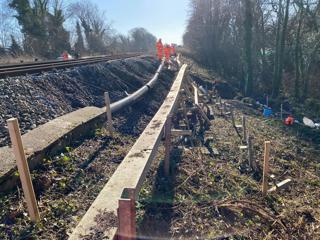
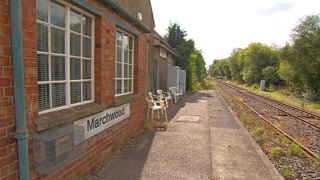
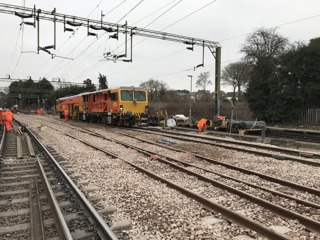
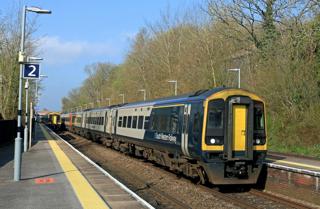
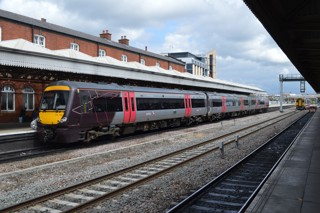











Login to comment
Comments
No comments have been made yet.